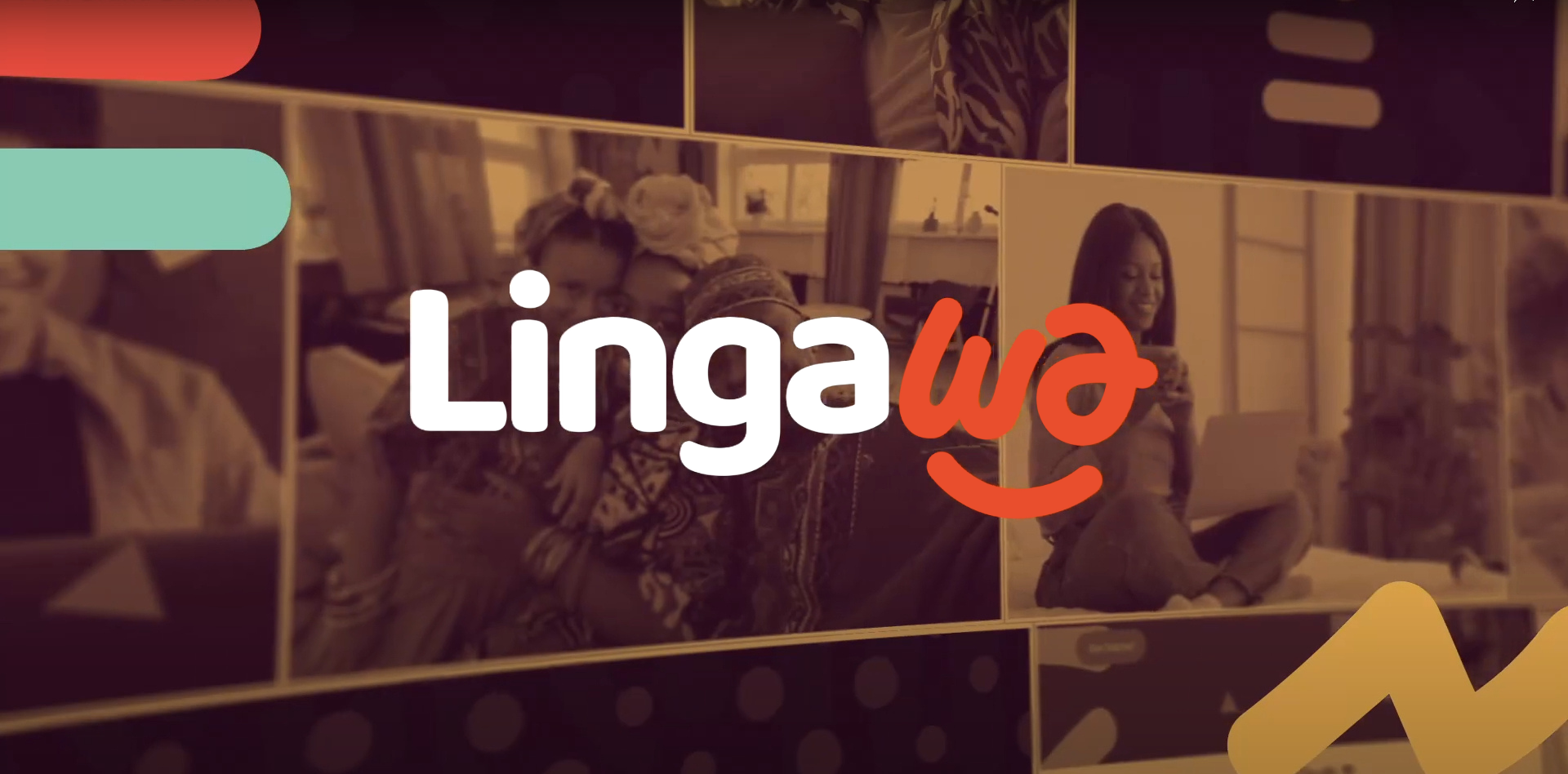- .
Common Yorùbá and Igbo Mistakes That Beginners Make (and How to Fix Them)
Learning Yorùbá or Igbo as an adult can be an exciting and rewarding journey, especially when you have friends and family who speak the language. However, like any new skill, language learning comes with its challenges. If you’re trying to master Yorùbá or Igbo, you’re not alone in making mistakes—everyone does! But the good news? You can fix them!
At Lingawa, we believe that language learning should be fun, immersive, and practical. That’s why we’ve put together this guide to help you avoid some of the most common mistakes beginner learners make when speaking Yorùbá or Igbo. Plus, we’ll show you how to turn your friends and family into your best language tutors!
1. Getting the Tones Wrong 🎵
Both Yorùbá and Igbo are tonal languages, meaning that the pitch you use can completely change the meaning of a word. For example:
- In Yorùbá, Òwò (business) is different from Owó (money), and ọ̀wọ̀ (honor) is different from ọwọ́ (hand).
- In Igbo, Ákwá (cry) is not the same as Àkwá (egg) or Àkwà (bed).
How to Fix It:
- Listen More: Surround yourself with native speakers, music, and podcasts to attune your ears to the right tones.
- Ask Friends & Family to Correct You: Don’t be shy—ask them to repeat words and gently correct you when you get tones wrong.
- Record Yourself: Play back your own speech and compare it to native speakers. Apps like Lingawa can help with this!
2. Mixing Up Formal and Informal Speech 👵🏽👶🏽
In Yorùbá and Igbo, how you speak depends on who you’re talking to. For example:
- Yorùbá has respectful pronouns like “Ẹ” (used for elders and formal situations) and “O” (used with friends and younger people).
- In Igbo, “Mazi” or “Ichie” is used to address elderly or titled men.
How to Fix It:
- Pay Attention to How Elders Speak: Listen to how your family members address different people.
- Practice Polite Greetings: Always greet properly—this makes a huge difference in Yorùbá and Igbo cultures!
- Use Role-Playing: Ask friends and family to act out different conversations so you can practice formal vs. informal speech.
3. Translating Directly from English ❌➡️✅
English sentence structures don’t always translate well into Yorùbá or Igbo. For example:
- Saying “I have hunger” directly in Yorùbá as Mo ní ebi isn’t quite right; you should say Ebi n pa mi (literally “Hunger is killing me!”).
- In Igbo, saying “Good night” directly as Abalị ọma isn’t natural; it’s better to say Ka chi foo which means “Let dawn appear” (as Igbo greetings are expressive).
How to Fix It:
- Think in the Language: Instead of translating, try to form sentences naturally using Yorùbá or Igbo sentence patterns.
- Ask, ‘How Would You Say This?’: Instead of guessing, ask native speakers for the most natural way to say something.
- Use Lingawa: Our platform provides context-based examples to help you use Yorùbá and Igbo naturally.
4. Struggling with Pronunciation 🗣️
Some Yorùbá and Igbo sounds don’t exist in English, making them tricky for learners.
- Yorùbá’s gb (as in gbé, meaning “to lift”) can sound unusual at first.
- Igbo’s “gb”, “gh”, “nw”, “ny”, “kp” pose a lot of difficulty at first.
How to Fix It:
- Break It Down: Listen to native speakers and mimic them.
- Use Tongue Twisters: Try saying words with challenging sounds repeatedly.
- Get Feedback: Ask friends and family to help you refine your pronunciation.
5. Not Speaking Enough! 😶💬
Many learners hesitate to speak Yorùbá or Igbo because they’re afraid of making mistakes. But mistakes are part of the learning process!
How to Fix It:
- Speak Every Day: Even if it’s just a few words, use Yorùbá or Igbo daily.
- Create a Language Exchange: Ask a friend or family member to speak with you in Yorùbá or Igbo for 10 minutes a day.
- Make It Fun: Play games, watch movies, or listen to music in the language.
Final Thoughts: Turn Your Friends & Family into Your Personal Language Tutors! 🎉
Your friends and family are your best resources for learning Yorùbá or Igbo. Here’s how to make the most of them:
- Ask for Corrections (Nicely!): Let them know you want feedback.
- Have Regular Conversations: Set a weekly “Yorùbá or Igbo only” day.
- Celebrate Your Progress: Learning a language is a journey—enjoy it!
At Lingawa, we make learning Yorùbá and Igbo easier and more fun! Whether you’re looking for pronunciation help, grammar tips, or conversational practice, our platform is here for you.
🚀 Start your language learning journey with Lingawa today and embrace the beauty of Yorùbá and Igbo! 🌍✨









